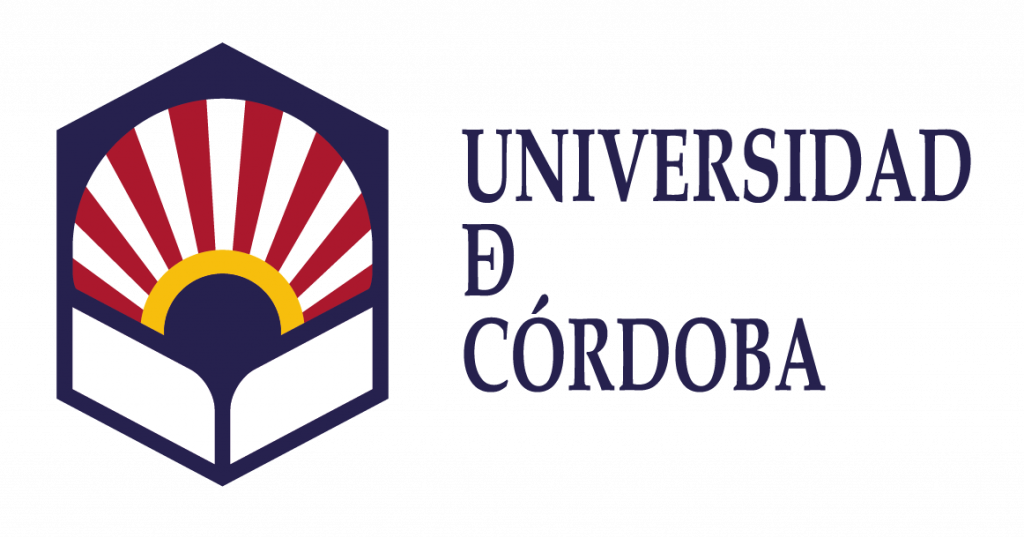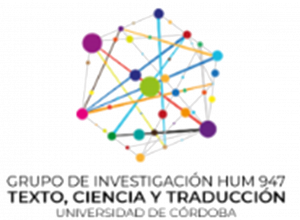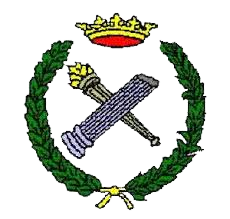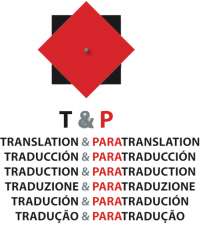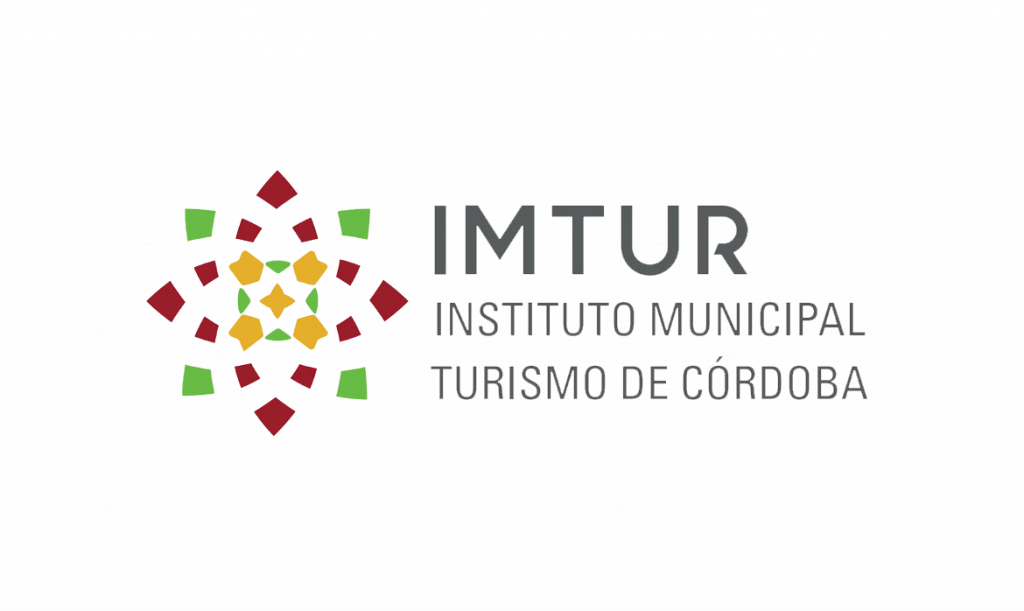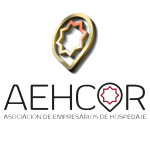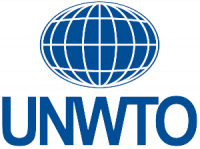Translation and the Language of Tourism
Córdoba (Spain), 6th, 7th, and 8th November 2023
Online and onsite participation
III INTERNATIONAL CONFERENCE
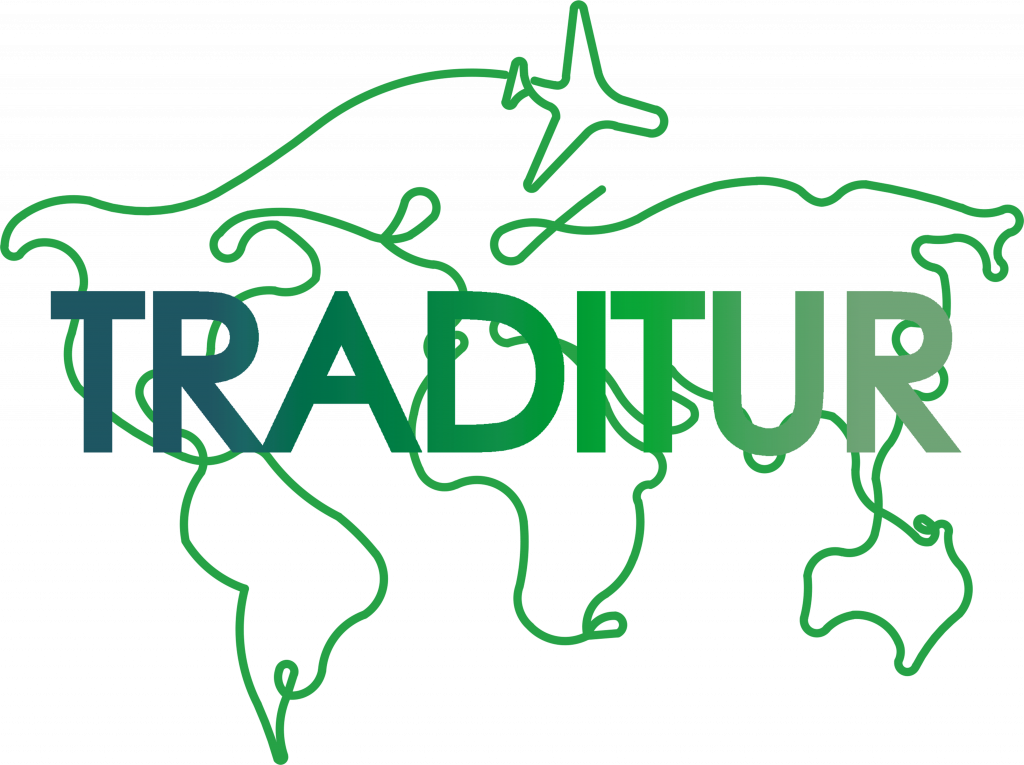
Translation and the Language of Tourism
Córdoba (Spain), 6th, 7th, and 8th November 2023
Online and onsite participation

Once the 2021 edition is over, we would like to thank all the speakers and participants.
See you at Traditur 2022!
Attendees who attend to at least 80% of the communications can apply for their certificate by sending an email to traditur@uco.es
Thank you!
Call for papers until
1st October 2023
10th October 2023
Ordinary fee 125 €
The deadline for payment of the registration
fee is
23rd October 2023.
Non speakers’ attendance
Free
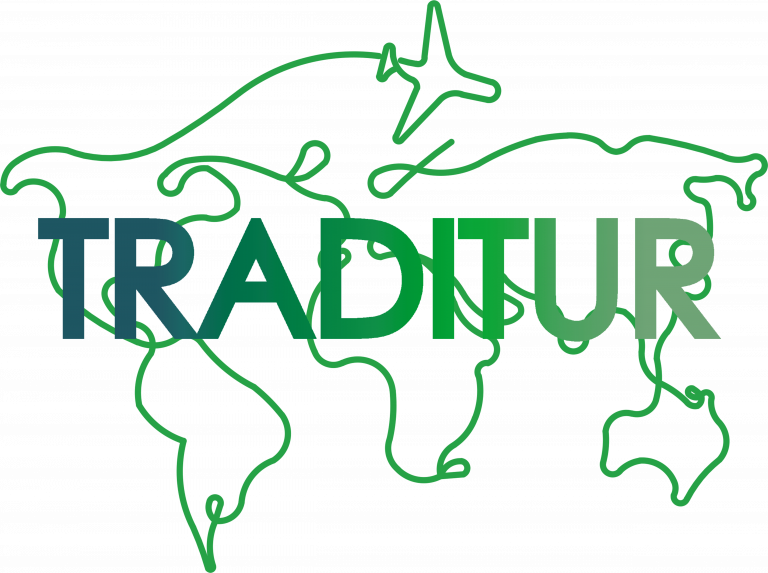
As a key component of global socio-economic development, tourism plays an important role. As a matter of fact, the last decades were extremely positive to tourism, in which travellers from all over the world demanded new destinations and travel opportunities. As a result, tourist offer became extremely rich and diverse. In fact, tourism nowadays is very different from the European 18th Century’s Grand Tour, which was understood as an educational and initiatory journey. Since the end of the 20th century, and particularly since the beginning of the 21st century, new types of tourism have emerged to complement the traditional tourism offerings, including luxury tourism, adventure tourism, wine tourism, olive oil tourism, gastronomic tourism, and health and beauty tourism, among others. This segment of tourism reflects the dynamism of the sector and encourages its seasonal adjustment in order to attract a broader range of tourists overall.
This makes tourism a multidisciplinary field which encompasses natural and cultural heritage, travel, gastronomy, accommodation, leisure, sport, health, the environment, etc. As a consequence of this diversity of domains, there is a remarkable textual richness, which is characterized by a distinctive discourse that is intended to elicit curiosity and a desire for contact with other cultural realities. Besides the tradition of Tourism Studies and the many representations of tourism in art and literature, scientific studies from the fields of Arts & Humanities are quite recent. As prominent examples of this fact, during the 21st century several relevant books have appeared on this topic, such as Fuentes Luque (2005) (which is the first comprehensive study on translating tourism speech) or Calvi (2008) and Bugnot (2009), which are focused on the nature of tourism speech. There have been significant developments in the scientific literature in this area since then, including the study of issues such as multimodality in the tourism industry (Llorens Simón, 2017; López Pena, 2021), the translation of web pages (Suau Jiménez, 2015) or the analysis of tourism genres (Suau Jiménez y Labarta Postigo, 2017; Calvi, 2020, 2022), among others.
In this context, the III International Conference TRADITUR “Translation and the Language of Tourism” has been set up as a space for scientific debate where new advances and studies which deal with the relations between language, literature, intercultural communication, traductology and touristic speech, are presented. The celebration of this event in the city of Córdoba (and more specifically at the University of Córdoba) makes particular sense if we consider that this city is one of the main touristic destinations worldwide and has four World Heritage designations.
All proposals will be peer-reviewed and contributions in English, French, Italian and Spanish are accepted.
Translation and interpretation related to tourism: translating culturemes, the translator and interpreter as an interlinguistic and intercultural mediator.
Linguistics, Semantics, Pragmatics & Lexicology applied to the speeches and texts of tourism.
Terminology, Terminography, Textology, Specialized texts, and hybrid texts in toruism-related contexts.
Translation and reception of travel literature, traveling and tourism in literature, among others.
Language for Specific Purposes teaching, translation and interpretation teaching related to tourism.
This third panel set up for the 3rd edition of TRADITUR is entirely dedicated to paratextuality in the professional practice of tourist translation and interpreting.
Thanks to the notion of paratranslation, the translator-interpreter is increasingly aware of the fact that everything that is edited in the margins of the text in tourist translation, as well as everything that occurs outside the verbal aspect of tourist translation, are paratextual practices that nourish and sustain the liminal experience of the threshold in the professional practice of translation and interpreting in the tourism sector.
Paratranslating tourism from the notion of paratranslation ultimately means being able to read, analyze, interpret, and transfer the ubiquitous paratextuality in tourist translation and interpreting. For example, in order to translate tourist spaces, the tourist interpreter-guide and, above all, the guide-lecturer, uses iconic, verbal, verbo-iconic, sound, and musical paratextual materials that, sooner or later, will appear either on paper (books, brochures, leaflets, etc.), on screen (websites and social media) or materialized in any other way (billboards, signposts, stickers, souvenirs) in the tourist space.
We will accept both online and onsite communications in order to facilitate meetings and exchanges between researchers and lecturers from around the world.
Additionally, this third edition of TRADITUR includes a series of workshops. These practical workshops will focus on tourism translation and discourse, or on the professional tourism and tourism translation market. In order to be considered for participation, submissions should consist of 45 minutes of content and be sent to gisella.policastro@uco.es and francisco.luque@uco.es for evaluation, indicating the type of participation. There is no difference in the workshop fee and registration fee.
